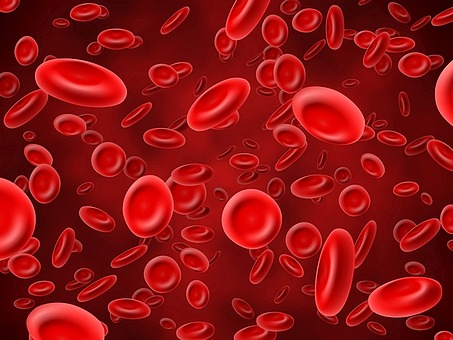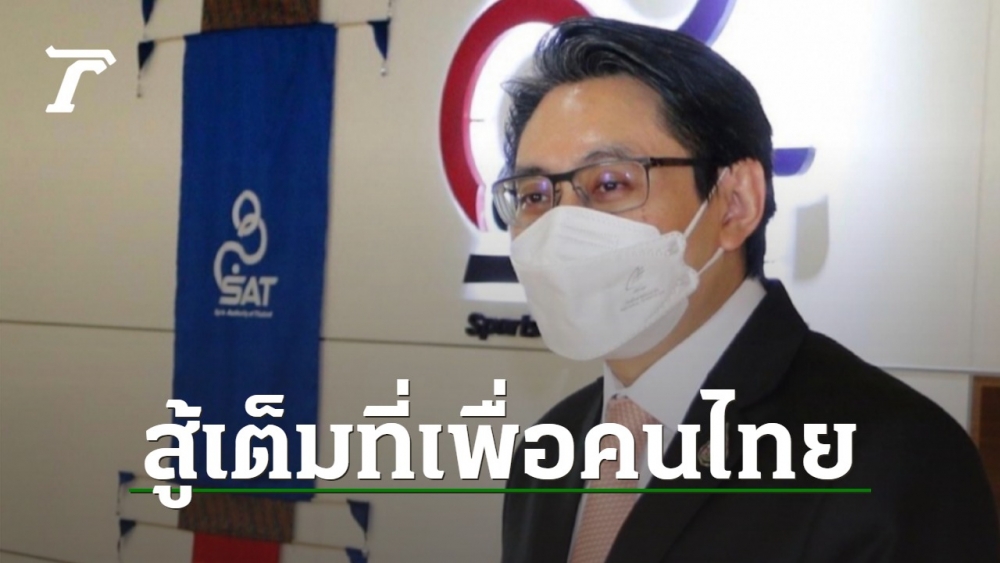A new study has found that adding granulocyte colony stimulating factor (G-CSF) to steroids in the treatment of severe alcoholic hepatitis could improve a patient’s 90-day survival rate.
The results of a study examining the effects of co-administration of steroids and G-CSF were announced on the 6th at the AASLD Annual Meeting 2022.
In patients with severe alcoholic hepatitis, the 30-day mortality rate ranges from 20% to 50%. Although corticosteroid treatment is performed, some reports of short duration or slow response.
G-CSF is a cytokine produced by macrophages, fibroblasts and endothelial cells when stimulated by inflammation or endotoxin and promotes the production of neutrophils.
Focusing on the fact that G-CSF collects many hematopoietic and mesenchymal stem cells from the bone marrow, the researchers hypothesized that the addition of G-CSF, which has immunomodulatory and regenerative properties, would improve the reactivity of the steroids and proceeded with clinical studies. .
126 patients aged 18 to 65 years with severe alcoholic hepatitis who were identified with a Madray score (32 or higher), which monitors the prognosis of liver disease, were selected as subjects. Patients with active infection, acute gastrointestinal bleeding, liver syndrome, Madray score> 90, autoimmune hepatitis, hepatitis B or C, HIV, pregnancy, and haematopoietic lymphocytosis were excluded.
42 patients were randomly assigned to each group and received treatment with prednisolone 40 mg / day, prednisolone + G-CSF 300 µg / day and G-CSF monotherapy at doses of 150-300 µg / day for 7 days and the 90-day therapy survival rate was compared.
The analysis showed that the prednisolone + G-CSF combination group was associated with better responsiveness to treatment as well as better survival rates.
The mean score on the Lille Score, a prognostic rating scale for patients with alcoholic hepatitis on day 7 of dosing, was 0.14 for the combined group, 0.21 for prednisolone, and 0.28 for G-CSF and failure to drug response in the combination group The number of patients was significantly lower.
At 90 days, the new infection rate was 19% in the combination group, 7.1% in the G-CSF alone group, and 35.7% in the prednisolone alone group.
The researchers concluded: “The combination of G-CSF and prednisolone also significantly improved the response to steroids in patients with alcoholic hepatitis and reduced complications related to infections, readmission and hepatic encephalopathy.”


